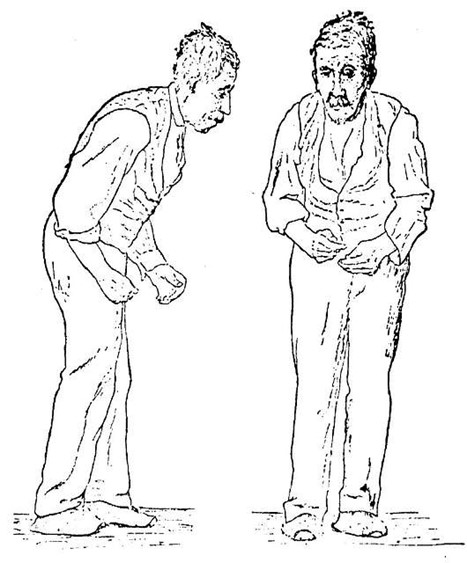The Aging Gut: Nurturing Digestive Harmony Through the Years
As we journey through life, our bodies undergo various transformations, and one area that experiences significant changes is our gut. The gut, often referred to as the “second brain,” plays a crucial role in our overall health and well-being. But what exactly happens to our gut as we age? Let’s delve into the fascinating world of gut health and explore the shifts that occur with each passing year.
- Microbial Diversity Declines
One of the most notable changes in the gut with age is the decline in microbial diversity. Our gut is home to trillions of bacteria, fungi, and other microorganisms collectively known as the gut microbiota. These microorganisms play a vital role in:
- digestion
- immune function
- mental health
However, as we age, the diversity of these microbes tends to decrease. This decline in microbial diversity can have implications for various aspects of health, including susceptibility to infections, digestive issues, and inflammation.
- Digestive Function Slows Down
Another aspect of gut health that is affected by aging is digestive function. The digestive system becomes less efficient with age, leading to slower digestion and absorption of nutrients. This can result in common digestive complaints such as:
- bloating
- constipation
- indigestion
Additionally, age-related changes in the production of digestive enzymes and stomach acid can further impair digestion, making it harder for the body to break down and absorb nutrients from food.
- Increased Risk of Gut Disorders
As we grow older, the risk of developing certain gut disorders also increases. Conditions such as:
- diverticulosis
- irritable bowel syndrome (IBS)
- gastroesophageal reflux disease (GERD)
become more prevalent with age.
Furthermore, chronic inflammation in the gut, known as low-grade inflammation or “inflammaging,” becomes more common as we age. This chronic inflammation can contribute to the development of various gut-related conditions and has also been linked to other age-related diseases such as cardiovascular disease and neurodegenerative disorders.
- Changes in Gut-Brain Axis
The gut is intricately connected to the brain through a complex communication network known as the gut-brain axis. This communication pathway allows the gut to influence brain function and vice versa, playing a crucial role in:
- mood regulation
- stress response
- cognitive function
With age, alterations in the gut-brain axis may occur, potentially leading to changes in mood, cognition, and overall mental well-being. Research suggests that maintaining a healthy gut microbiota through:
- diet
- lifestyle modifications
- probiotic supplementation
may help support brain health as we age.
- Importance of Gut Health Maintenance
While aging brings about inevitable changes in gut health, there are steps we can take to support and maintain optimal gut function as we grow older. Adopting healthy and balanced diet rich in:
- fiber
- fruits
- vegetables
- probiotic foods
can help promote a diverse and thriving gut microbiota.
Regular exercise, adequate hydration, stress management, and sufficient sleep are also essential components of gut health maintenance. Additionally, discussing any digestive concerns or symptoms with a healthcare provider can help identify and address underlying issues early on.
See the full scientific article from WebMD.
By prioritizing lifestyle habits that support gut health and seeking timely medical guidance when needed, we can navigate the aging process with a thriving gut and overall well-being.
Enhancing our daily routine with Florassist GI supplements can significantly contribute to our well-being. At Asher Longevity Institute, we provide access to this exceptional supplement. Florassist GI supports the growth of beneficial bacteria, optimizes digestion, and effectively eliminates harmful bacteria in the gut.




